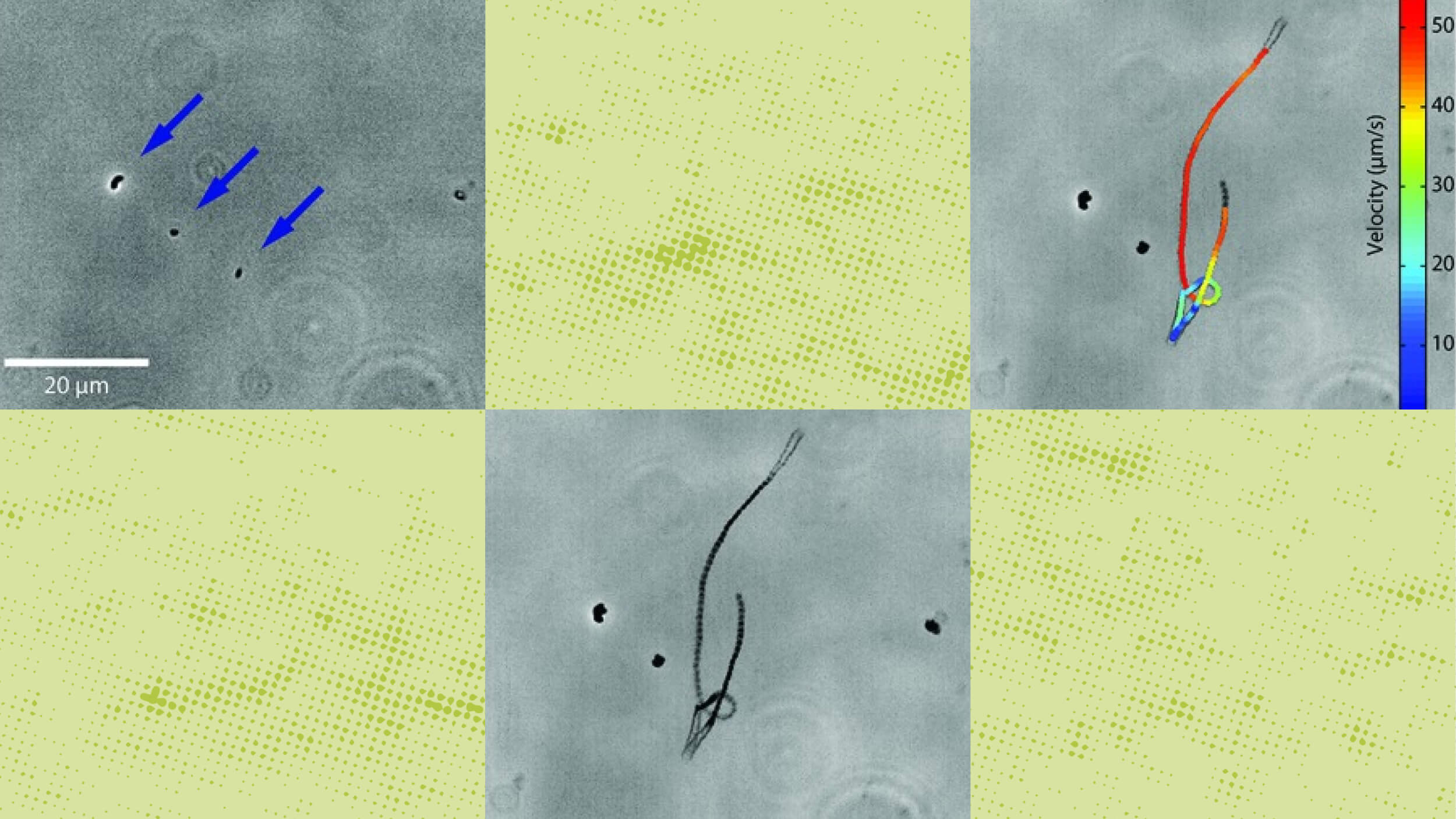Futurist Ray Kurzweil discusses how robotic red blood cells will aid in ending disease as we know it.
Question: Will nanotechnology end disease as we know it?
Kurzweil: I would say so, I mean, there’s two revolutions underway that are overlapping. One is biotechnology which is not nanotechnology. This is mastering the information processes that underlie biology. Biology is a set of software processes or genes are a little software programs and they evolved thousand of years ago. Conditions are very different. It was not in the interest of the evolution of the human species for people to live that long. There wasn’t very many resources to go around so human life expectancy, were 23,000 years ago is 37 200 years ago. We now have the means of actually changing this outdated software, we have new technologies they can change our genes not just in a baby but in a mature individual. RNA interference can turned genes off, new forms of gene therapy can add new genes, we can design these interventions on computers, we can simulate and test them on biological simulators. These are all new abilities but now that health and medicine is an innovation technology it’s going to be subject to this exponential growth, what I call the Law of Accelerating Return. So, these technologies will be a million times more powerful in 20 years and it would be a very different error. That’s what we call bridge 2, the biotechnology evolution. Bridge one is what you can do already today. Bridge 3 is a nanotechnology revolution nanobots can go in this tiny blood stream and keeps you healthy from inside. That’s maybe 25 years away but if you go out the 2030s, 2040 we will be able to access the information in our brains, back it up we’ll be able to really come back disease, at the level one it’s one cell and not wait until it’s the level of an organ and it’s threatening your life.






